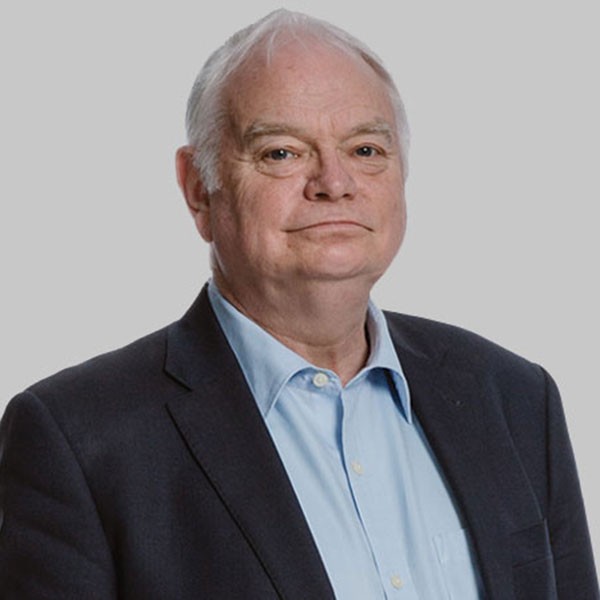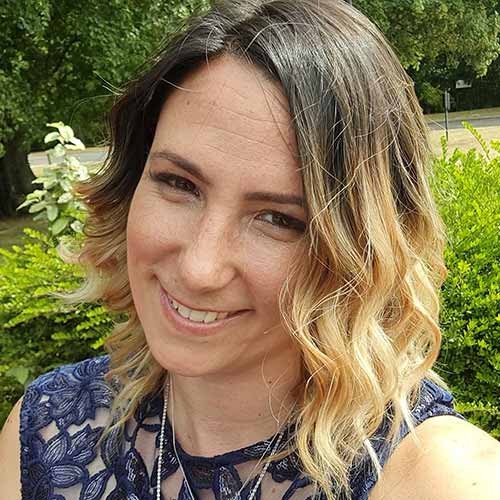
In the old days of journalism the important thing for a journalist arriving at a global trouble-spot would be to ask the cabbie taking them from the airport to the Hotel International Resplendent whether Upper Freedonia was indeed prevailing over Lower Freedonia, and start preparing their first despatch from the cabbie’s answers.
Times, obviously, have changed. But a chat with a taxi-driver can change your understanding of the accounting world and its possibilities.
We are in the midst of change. Obviously the post-Covid world is very different. But so was the world after the upheavals of 25 years ago, when the enormous accounting firms were executing closely choreographed dances around each other to create even larger conglomerates. A Big Eight became a Big Four. That had huge business ramifications and brought massive change.
One less well observed change was that the intrafirm chaos and the politics of merging the departments of each entity inevitably meant winners and losers. The smarter young partners in different sectors of the firms spotted an opportunity. They got together, spun themselves out, and set themselves up with all the agility and enthusiasm of the new kids on the block. The best of them became the niche players that drove the profession forward.

As the old rules and routes fragment, the profession is growing in richness
Fragmentation
The difference between then and now is that the new kids stayed within the old professional boundaries. Now, as everything fragments, it is very different. The old cohesion that office-based entities brought is either gone or is being eroded.
People no longer feel so strongly that they are part of a particular office or company culture. Working from home has become the important part of their life and the way that they think. They may go into an office for a small part of the week but that is no longer the central part of their corporate culture.
The world of work has become less cohesive. People feel they have much greater personal freedoms within their working life. They are much more likely, as people used to say, to think outside of the box, and by that they mean their own box, not that of their business or their profession. Everything now tends to be up in the air rather than locked into a specific corporate and cultural way of thinking.
Side hustle
And that brings me back to taxis, or to be more precise, Ubers. The other weekend I took a couple of Ubers in central London and, chatting to the drivers, discovered that both were involved with ACCA – one a student, one qualified – and that their taxi-driving was integral and possibly a catalyst to their changing careers.
One was the son of immigrants from Africa who had fled their home because they were in fear for their lives. They arrived here, set up small businesses and built a secure life. Their son was still living at home, was a long way through his ACCA exams, and was funding his education by driving the cab at weekends. He was very happy and looking forward to a rewarding career.
The driving gave him the mind-space to think about the business he was planning
The other driver was in his early 30s and had been working for a mid-sized firm, mostly in tax and consulting. He was planning to set up his own venture, about which he was sensibly tight-lipped.
Why was he driving an Uber? It turned out that his time behind the wheel was central to how his planned business was being shaped. The driving gave him the freedom, the mind-space, he said, to think about the business he was planning. He too was enthusiastic and optimistic. A new world was, in his mind, opening up in front of him.
Accounting careers used to follow relatively narrow routes through a professional framework. I suspect that, like those two Uber drivers, the old rules and routes are fragmenting, with the result that the profession is growing in richness, depth and a greater width of opportunities. It also shows how the injection of outside perspectives and enthusiasm, in these cases through the optimism of immigration and its free slate of opportunities, can raise the scope and possibilities within the profession itself.
More information
Find out more about ACCA careers, including advice and job vacancies





